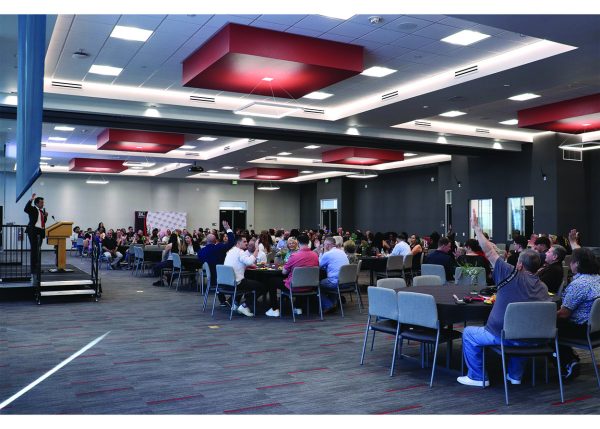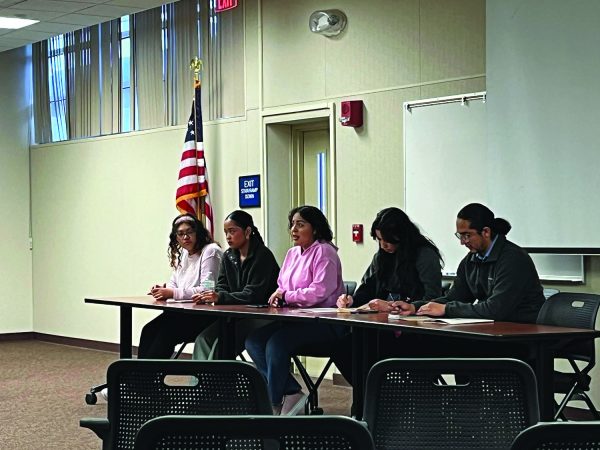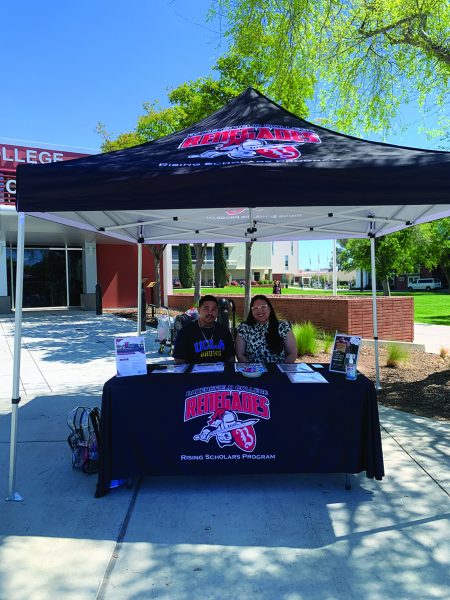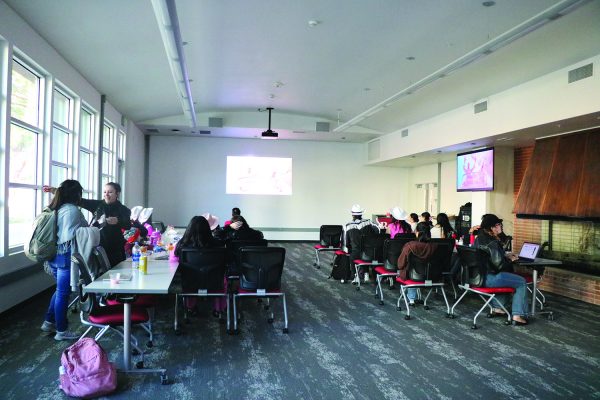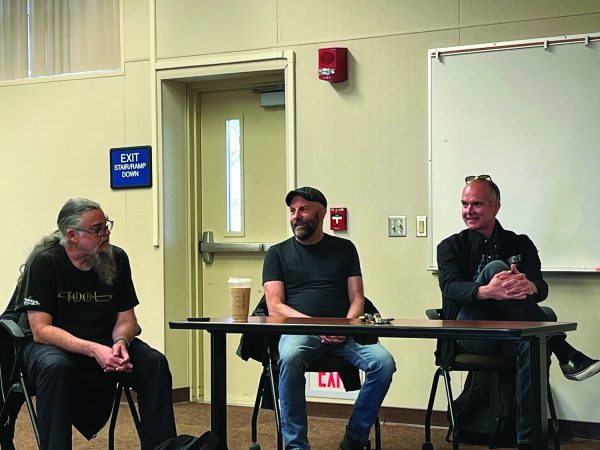Bakersfield ranks among least educated cities in California
October 15, 2018
Of the 150 most populated metropolitan cities across the states, when it comes to education, Bakersfield ranks 147.
According to WalletHub.com, Bakersfield ranks towards the bottom in most categories, such as the percentage of high school diploma holders, percentage of people who hold higher degrees, while educating children in a below average public-school system.
Milton Henderson, an outreach counselor at East Bakersfield High School, specifically deals with kids who are truants or not on track to graduate.
Henderson has held this position and coached varsity basketball for nearly two decades, seeing his fair share of kids who seemed to be on the wrong path.
“Most kids at this age are very easily influenced, whether it’s for the positive or negative,” said Henderson.
“When it comes to encouraging these teenagers, it isn’t the easiest to keep them on the positive track because they tend to fall back into bad habits,” said Henderson.
“Most of them have never tasted success so when they get close to something like graduation and they are actually going to cross the stage, they get cold feet and try to sabotage it by not coming to class for the last month.”
Jordan Rendel, a teacher at North High School, shared many of the same beliefs as Henderson about the kids needing a positive influence to be consistent in their lives.
This influence could come from anywhere, whether it’s parents, siblings, or even a teacher or coach.
“A lot of the kids who graduate top of their class are also very involved in clubs and sports, and that just isn’t kids taking the initiative to be active in school, but also having the support system at home that pushes them to do more than the average student,” said Rendel.
The dropout rate in Kern County is twice as high as the national average.
The national average is at 13 percent and just in Kern County alone, the rate is at 26 percent, according to Towncharts.com.
“The dropout rate is due to many different factors that take place outside of the classroom,” said Henderson.
“There are cases where there is a shortage of money or there is a family emergency and now somebody has to step up and make money. Even though this is just a high school kid, if they are called upon by family to grow up a lot sooner than they should have to, then they have to answer the call and education takes a back seat,” said Henderson.
“It’s a generalization thing. If a parent didn’t go to college they are less likely to push that onto their kid because they did not reap the benefits of college,” said Henderson.





